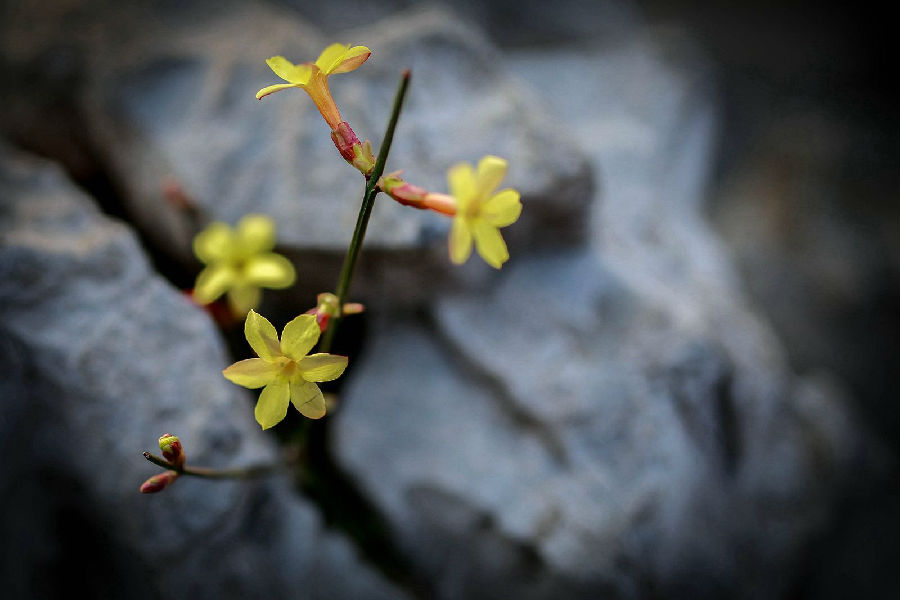De Duve thought it likely that such conditions would be encountered perhaps a million times in every galaxy.
德迪夫認為,很有可能,這樣的條件在每個星系里大約會遇到100萬次。
Certainly there is nothing terribly exotic in the chemicals that animate us. If you wished to create another living object, whether a goldfish or a head of lettuce or a human being, you would need really only four principal elements, carbon, hydrogen, oxygen, and nitrogen, plus small amounts of a few others, principally sulfur, phosphorus, calcium, and iron. Put these together in three dozen or so combinations to form some sugars, acids, and other basic compounds and you can build anything that lives. As Dawkins notes: "There is nothing special about the substances from which living things are made. Living things are collections of molecules, like everything else."
當然,在賦予我們生命的化學物質里,沒有什么非常奇特的東西。要是你想要制造另一個有生命的物體,無論是一條金魚,一棵萵苣,還是一個人,你其實只需要4種元素:碳、氫、氧和氮,加上少量幾種別的東西,主要是硫、磷、鈣和鐵。把30多種這類混合物放在一起,形成糖、酸和其他的基本化合物,你就可以制造任何有生命的東西。正如道金斯所說:“關于制造有生命的東西的物質,也沒有什么特別的地方。有生命的東西就是分子的組合,與其他一切東西沒有兩樣。”

The bottom line is that life is amazing and gratifying, perhaps even miraculous, but hardly impossible—as we repeatedly attest with our own modest existences. To be sure, many of the details of life's beginnings remain pretty imponderable. Every scenario you have ever read concerning the conditions necessary for life involves water—from the "warm little pond" where Darwin supposed life began to the bubbling sea vents that are now the most popular candidates for life's beginnings—but all this overlooks the fact that to turn monomers into polymers (which is to say, to begin to create proteins) involves what is known to biology as "dehydration linkages."
歸根結底,生命是不可思議的,令人滿意的,甚至可能是奇跡般的,但并不是完全不可能的——我們已經反復以我們自己的相樸素存在證明了這一點。沒有錯兒,在關生命起源的許多細節現在依然難以解釋。你在書上讀到過的有關生命所心需的條件,每種情況都包括了水——從達爾文認為的生命始發地“小水塘,”到現在是普遍認為的生命始發地冒著包泡的海洋噴氣口。但他們都忽視了一個事實:把單體變成聚合體包含一種反應,即生物學上所謂的“脫水縮合”(換句話說,開始創造蛋白質)。












